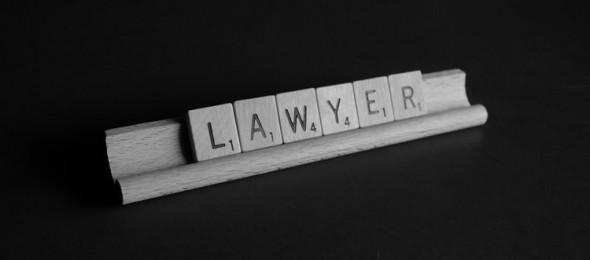The Myth—Trial Lawyers Can Read Non-Verbal Cues
For those who practice litigation, the narrative of the trial lawyer is part of our psyche. It is part Atticus Finch, a dash of Clarence Darrow, and a whole smattering of our local mentors, teachers, opponents and others who have helped frame our notion of what it means to be an advocate. Like all narratives, however, only a portion of it is grounded in reality.
For example, much of the expressed reluctance to move to remote advocacy is a fear that attorneys may miss many meaningful non-verbal cues we can only read in person. Upon what data are we relying? I have yet to see any evidence that backs up the notion that lawyers are good at this in general—and certainly none to say we are better at it than the general public. If we subject ourselves to our own “Daubert” analysis, do we have any true science to back up our claims? Do we have any special training in nonverbal behavior? Can we cite to any scientific studies or literature that would support our assertion?
The Reality—We Can’t Read Non-Verbal Cues As Well As We Think We Can
The reality is most of us are not very good at reading nonverbal cues. Most likely our “gut feelings” are actually our implicit biases expressing themselves. “What—she can’t possibly be right!”
Daphne O’Regan’s Introduction in “Eying the Body: The Impact of Classical Rules for Demeanor Credibility, Bias, and the Need to Blind Legal Decision Makers,” 37 PACE L. REV. 379 (2017), provides footnotes to multiple sources to back up this claim:
The Honorable Mark W. Bennett is only the most recent observer to lament that “[t]he standards for determining witness credibility have persisted as if frozen in time, based on myth, and completely unconnected with current knowledge of cognitive psychology.”2 Judge Bennett’s frustration is understandable. The belief that most people can reliably detect lies by scrutinizing the body of the speaker is quite simply false, a fact recognized for at least twenty-five years–or 2,500.3 Increasing awareness of implicit or cognitive bias in decision-making renders continued reliance on physical signs of credibility even more suspect.4
Likewise, in “Live Hearings and Paper Trials,” 38 FLA. ST. U. L. REV. 827 (2011), Mark Spottswood finds:
Unfortunately, when judges, lawyers, and rulemakers consider this issue, they are led astray by the widely shared-but false-assumption that a judge can best determine issues of credibility by viewing the demeanor of witnesses while they are testifying. In fact, a large body of scientific evidence indicates that judges are more likely to be deceived by lying or mistaken witnesses when observing live testimony than if the judges were to review a paper transcript…. Live hearings and trials will often, but not always, do more harm than good. In addition to the fact that demeanor cues generally impair credibility judgments, there are a number of cognitive biases that may arise from having one’s first impressions of a witness be visual and auditory impressions. These include a persistent human tendency to trust or distrust witnesses based on their physical attractiveness, their social status, their race, or other features that may make them similar to, or different than, the fact-finder.
Even if you don’t believe me or these sources or you are truly exceptional at reading nonverbal behavior, the current circumstances surrounding the ongoing Covid-19 pandemic require us to establish a new narrative.
What would have happened during this pandemic if doctors and other healthcare providers had thrown up their hands and said, “We can’t practice medicine without the same PPE we are used to.” What if they refused to perform tele-medicine after simply deciding it’s not as good as in person medicine? Were physicians willing to let patients die because their choice was perceived as less desirable than before? Of course not.
As trial lawyers, our new narrative needs to include adaptability and flexibility. We must adjust and adapt our skills to provide our clients with the best possible advocacy we can under the circumstances. Our new narrative calls for us to learn how to build rapport through a screen and read facial cues from above a mask. We must rise to the occasion, do some research, and learn new skills. We need to work as hard as the medical profession has done to bring justice to our clients under these challenging circumstances. This is our moment to shine, not sit in our homes waiting for the world to return to a normal that may never exist again. Let’s get back to being trial lawyers.
Photo by: Melinda Gimpel on Unsplash














